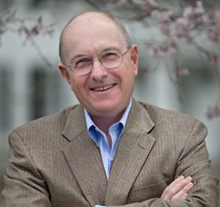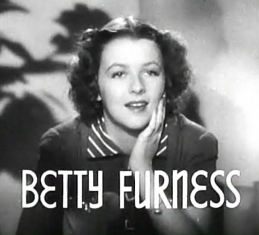A Quote by Ludwig von Mises
It is not the fault of the entrepreneurs that the consumers,the people, the common man,prefer liquor to Bibles and detective stories to serious books, and that governments prefer guns to butter. The entrepreneur does not make greater profits in selling bad things than in selling good things. His profits are the greater the better he succeeds in providing the consumers with those things they ask for most intensely.
Quote Topics
Ask
Bad
Bad Thing
Bad Things
Better
Books
Butter
Common
Common Man
Consumers
Detective
Detective Stories
Does
Entrepreneur
Entrepreneurs
Fault
Good
Good Thing
Good Things
Governments
Greater
Guns
His
Intensely
Liquor
Make
Man
Most
People
Prefer
Profits
Providing
Selling
Serious
Stories
Succeeds
Than
Things
Those
Related Quotes
We think of prices as simply the notation of how much we must pay for things. But the price system accomplishes far more than that. Hundreds of millions of people buying and selling, and abstaining from buying and selling, generate a system of signals - prices to producers and consumers about relative scarcities and demand. Through this system, consumers can convey to producers their subjective priorities and entrepreneurs can invest accordingly.
Inequality of wealth and incomes is an essential feature of the market economy. It is the implement that makes the consumers supreme in giving them the power to force all those engaged in production to comply with their orders. It forces all those engaged in production to the utmost exertion in the service of the consumers. It makes competition work. He who best serves the consumers profits most and accumulates riches.
Trust the young people; trust this generation's innovation. They're making things, changing innovation every day. And all the consumers are the same: they want new things, they want cheap things, they want good things, they want unique things. If we can create these kind of things for consumers, they will come.
Too many companies these days can't tell the difference between good profits and bad.... By now you're probably wondering how in heaven's name profit, that holy grail of the business enterprise, can ever be bad. Short of outright fraud, isn't one dollar of earnings as good as another? Certainly, accountants can't tell the difference between good and bad profits. They all look the same on an income statement. While bad profits don't show up on the books, they are easy to recognize. They're profits earned at the expense of customer relationships.
All people, entrepreneurs as well as non-entrepreneurs, look askance upon any profits earned by other people. Envy is a common weakness of men. People are loath to acknowledge the fact that they themselves could have earned profits if they had displayed the same foresight and judgment the successful businessman did.
Books are special, books are the way we talk to generations that have not turned up yet. The fact that we can actually, essentially communicate with the people in ancient Egypt, people in Rome and Greece, people in ancient Britain, people in New York in the 1920s who can communicate to us and change the way we think, and change the things that we believe. I think that books are special. Books are sacred. And I think that when you are selling books, you have to remember that in all the profits and loss, in all of that, you are treading on sacred ground.
...There is no end to the making and selling of things there is no end to the making and selling of things there is no end... Man, it occurs to me, is a joyful, buying-and-selling piece of work. I have been wrong, dead wrong, when I've decried consumerism. Consumerism is what we are. It is, in a sense, a holy impulse. A human being is someone who joyfully goes in pursuit of things, brings them home, then immediately starts planning how to get more.
































